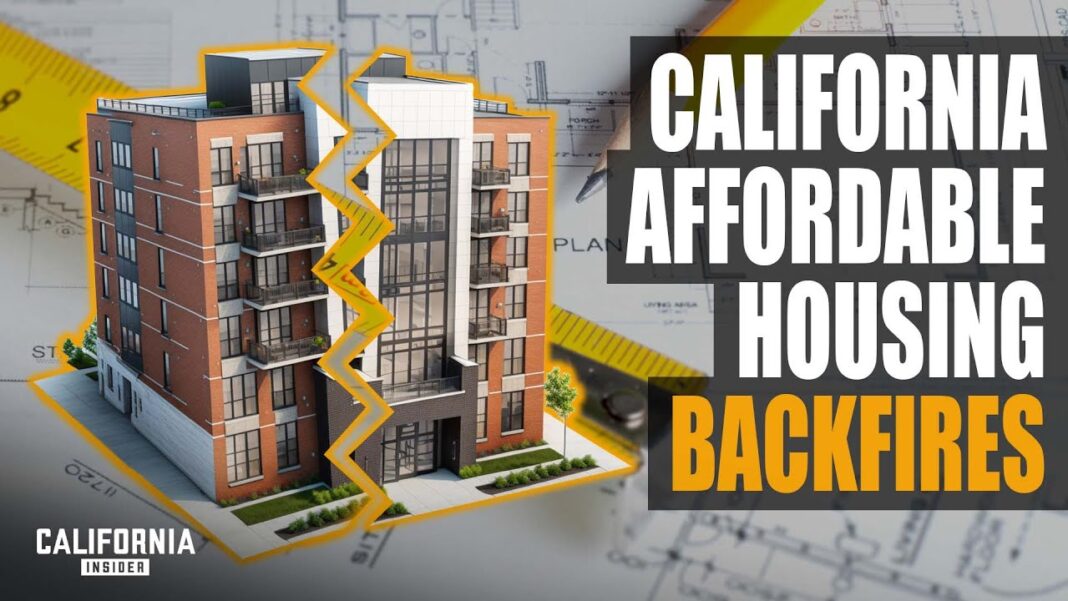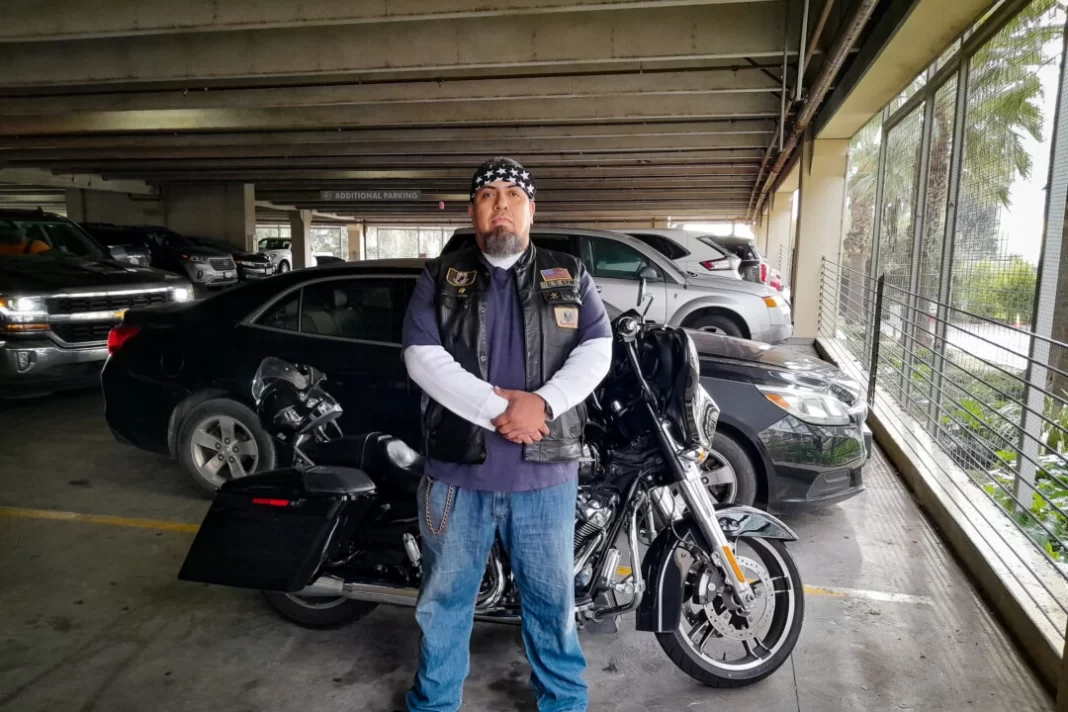There are several countries in Africa where black Africans are being murdered, slaughtered and enslaved by Muslim forces, among them Sudan, Mauritania, Libya and Nigeria.
On Christmas in 2003, a tragic series of events unfolded in Plateau State, Nigeria, resulting in the murder of at least 140 Christians. A coordinated series of attacks targeted 26 villages, perpetrated by extremists among the Fulani Muslim herdsmen. These attacks were primarily directed against Christian farming communities, leading to a significant number of fatalities and widespread fear among the local population.
Local residents were forced to flee their homes, seeking refuge in the surrounding bushland to escape the violence. The discrepancy in death toll figures reflects the chaos and confusion that ensued, making accurate accounting challenging.
In Nigeria, the Boko Haram insurgency actually targeted both Muslims and Christians in its campaign of violence, including kidnappings, killings, and destruction of property.
Many celebrities and public figures expressed concern and solidarity with the 200 schoolgirls kidnapped in 2014 by the militant Islamist Boko Haram group in Nigeria. This incident sparked global outrage and led to the #BringBackOurGirls campaign, which gained widespread attention on social media.
Some of the celebrities and influential people who voiced their support for the campaign and called for action to rescue the kidnapped girls included Michelle Obama, the former First Lady of the United States, who was among the most prominent figures to support the campaign, posting a photo of herself holding a sign with the #BringBackOurGirls hashtag.
Ellen DeGeneres, Angelina Jolie, Chris Brown, Cara Delevingne, and Amy Poehler were among other celebrities who used their social media platforms to raise awareness about the situation.
These are just a few examples of the many individuals who contributed to raising awareness about the plight of the kidnapped girls and calling for efforts to secure their release.
The Fulani herdsmen have had a long history of land and resource conflicts with settled farming communities across several regions of Nigeria. However, the scale and intensity of these attacks during a period traditionally associated with peace and celebration have shocked many. The violence underscores the deep-seated ethnic and religious tensions in the region, with the Christian communities in these villages bearing the brunt of this constant aggression.
The international community, human rights organizations, and religious groups have called for action to address the root causes of such violence and to promote peace and reconciliation among Nigeria’s diverse religious and ethnic groups.
But this has happened for centuries.
The issue of slavery in Mauritania, as well as the broader historical context of the Muslim conquest of Africa and its long-term social and cultural impacts, is well-known. Mauritania has been highlighted by international human rights organizations for having one of the highest rates of slavery in the world, despite officially abolishing the practice in 1981 and making it a criminal offense in 2007.
Historically, there have been conflicts in regions such as Sudan and its region of Darfur, where ethnic and religious tensions have led to violence and atrocities. In Libya, following the fall of Muammar Gaddafi, there have been reports of migrant slavery and human trafficking, affecting sub-Saharan Africans among others.
We also know all about the enslavement of blacks around the world and plantations in America and the horrors that came with it.
But we should explore why the West is not quite interested in the history of black people by non-Westerners which continues today.
Those public figures in America who campaigned for the Boko Haram girls all seem to have forgotten about the larger issue which is that black people are still being enslaved, tortured, and murdered in Africa.
What’s clear is that there is a certain level of desensitization and bias that is taking place. Audiences in certain parts of the world have become desensitized to violence and suffering in regions perceived as perpetually troubled. Additionally, implicit biases have led to unequal weighting of suffering in different parts of the world – and for these reasons, Africa is being ignored.
The human rights community and the media are not interested in human rights. Instead, they are interested in exculpating themselves from white guilt. Everything is judged depending on who the perpetrator is. The media and so-called human rights organizations are convinced that Western civilization is inherently racist, and that America is irredeemably racist. To them, there are two kinds of people in the world – the oppressed and the oppressors.
Evil committed by non-Whites is not what organizations Amnesty International or Human Rights Watch are all about. They appear to be white people seeking expiation for the charge of belonging to a society they perceive as racist. In the process, black people who are truly suffering have been abandoned.
The historical backdrop to this issue involves the Muslim conquest of Africa, which began in the 7th century AD. Following the conquest of Jerusalem in 637 AD, Muslim armies moved southward into the African continent, reaching North Africa by 640 AD. This expansion led to the Islamization and Arabization of many Berber communities, indigenous inhabitants of North Africa, who initially resisted but eventually converted to Islam and became integral to the spread of the religion and its culture across the region.
However, the process of Arabization was not uniformly accepted across the African continent and many African communities resisted or maintained their distinct cultural and linguistic identities despite the dominance of Arab and Islamic influences in certain regions. This resistance to Arabization continues today and remains one of the many reasons we continue to see Muslims massacring Christians.
And we will continue to see human rights organizations ignoring slavery and massacres in Africa because it doesn’t fit their political agendas.







